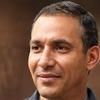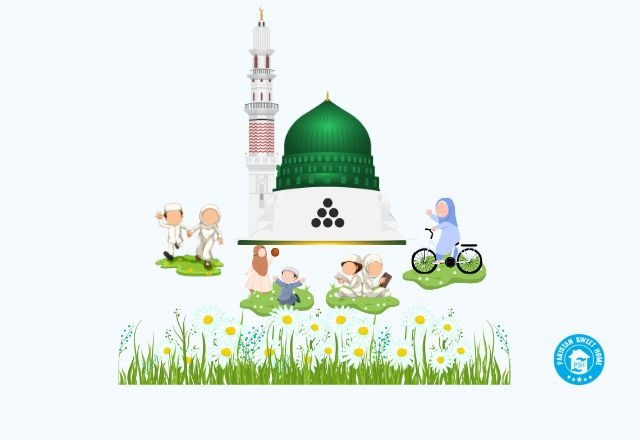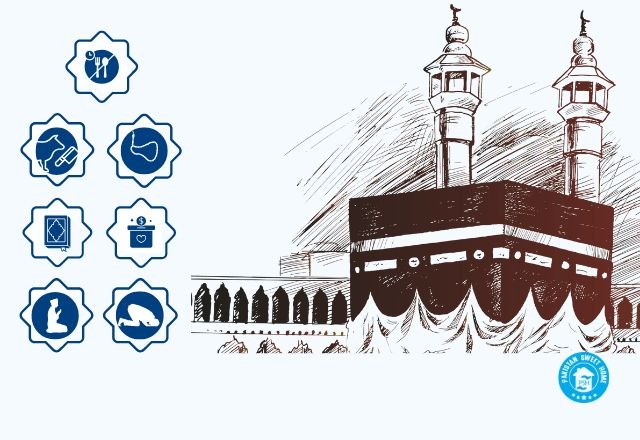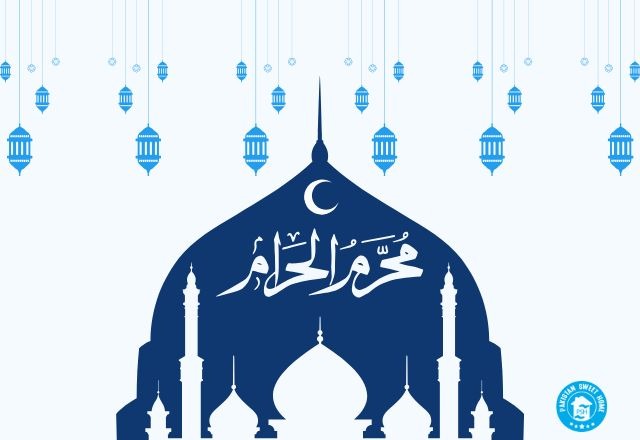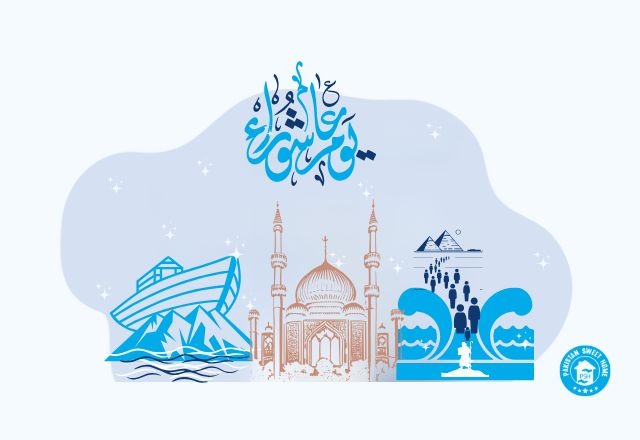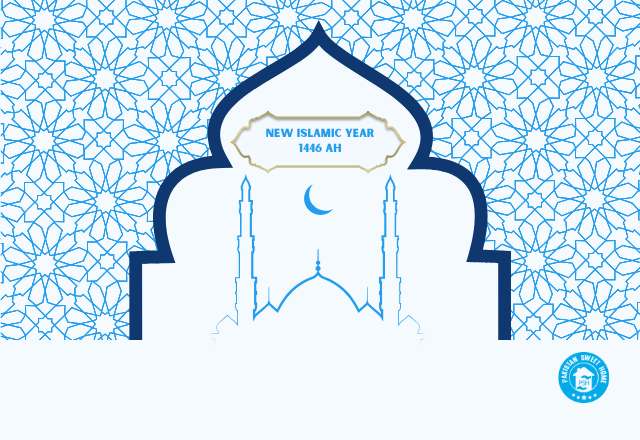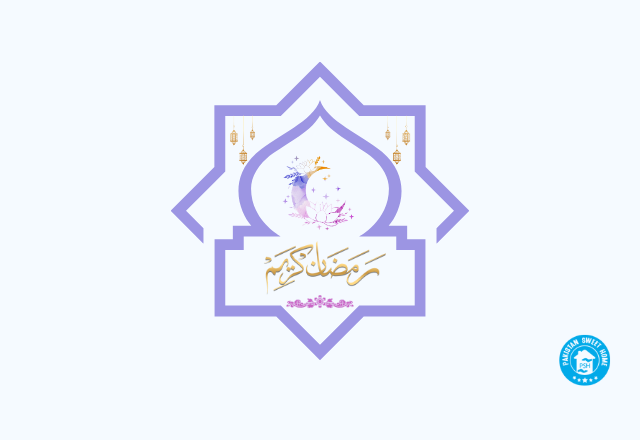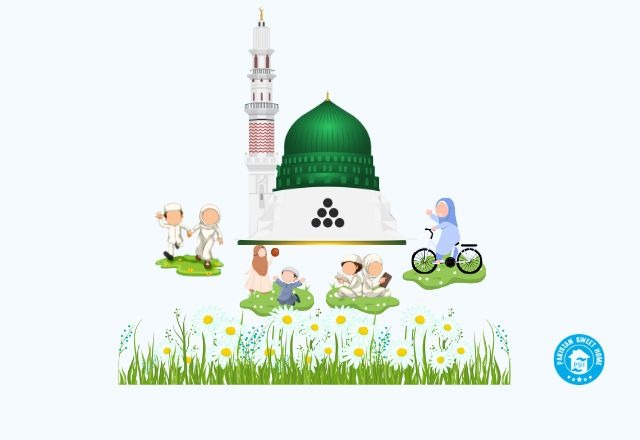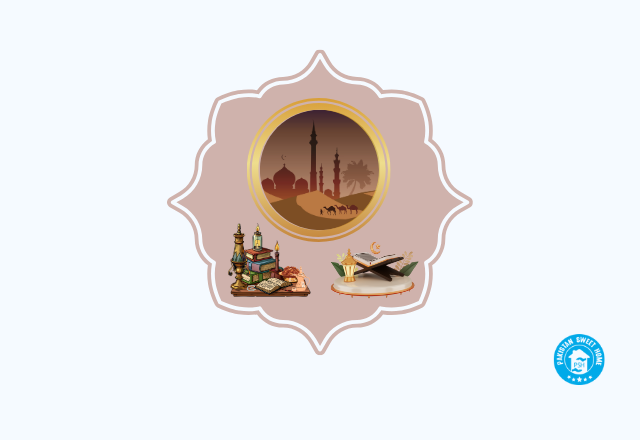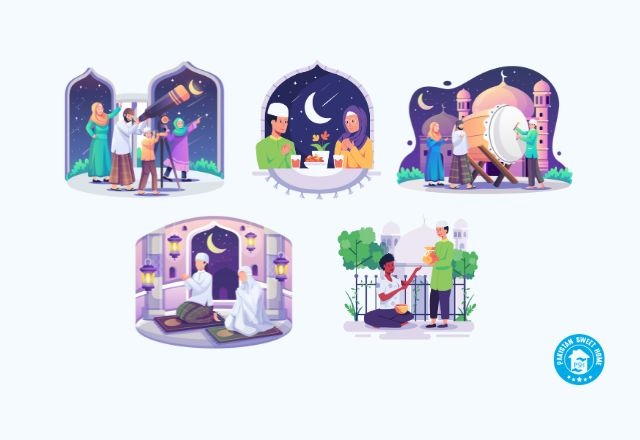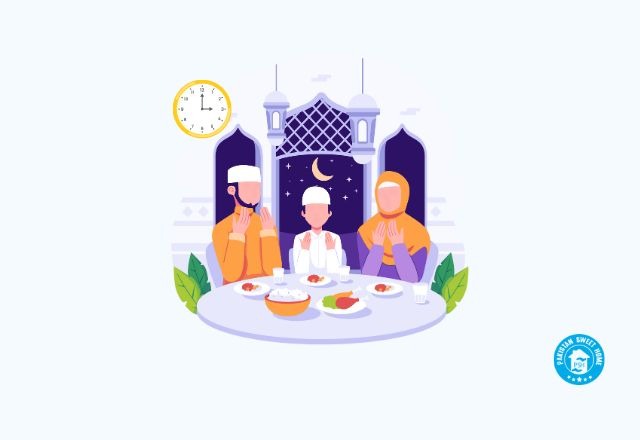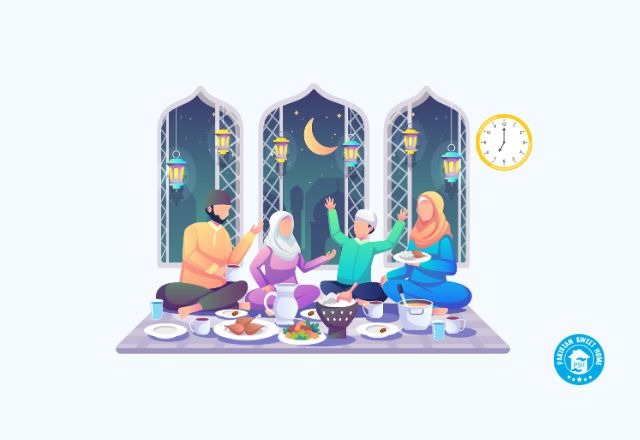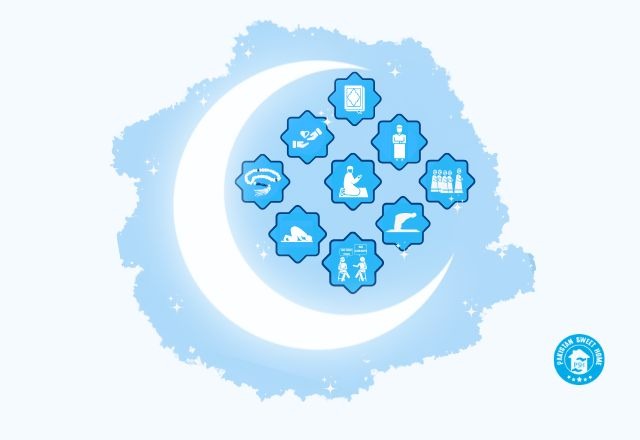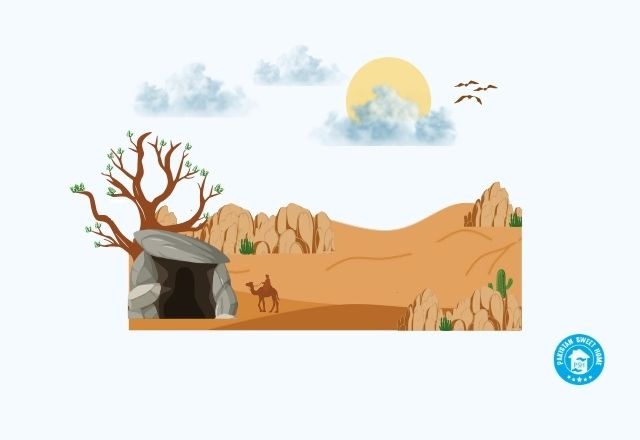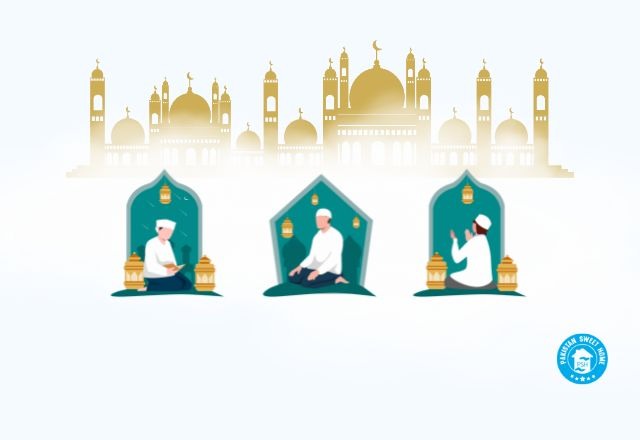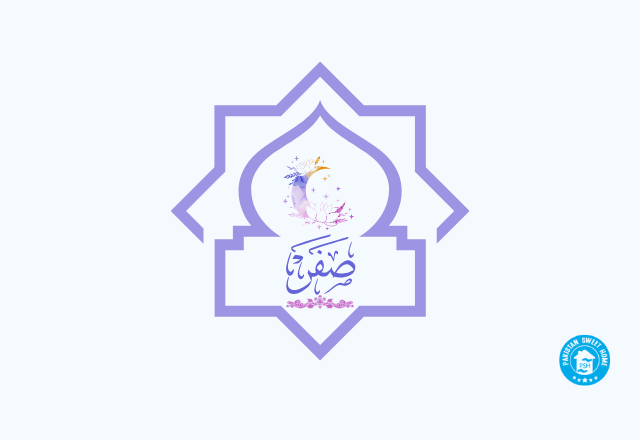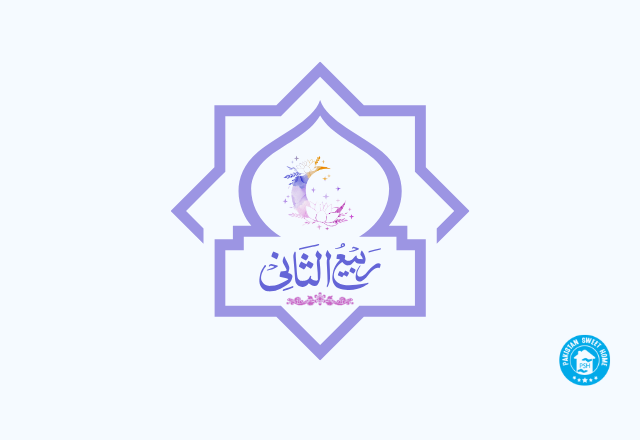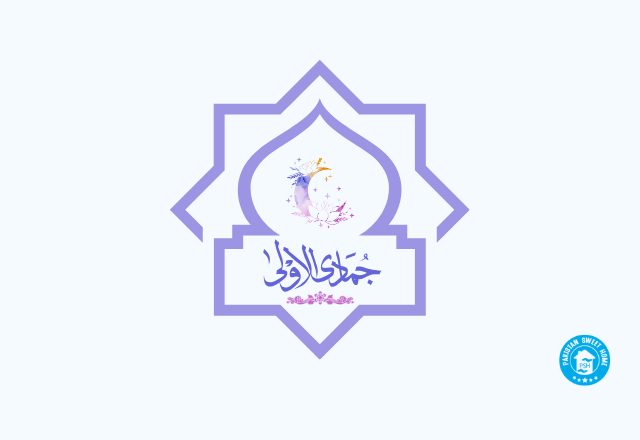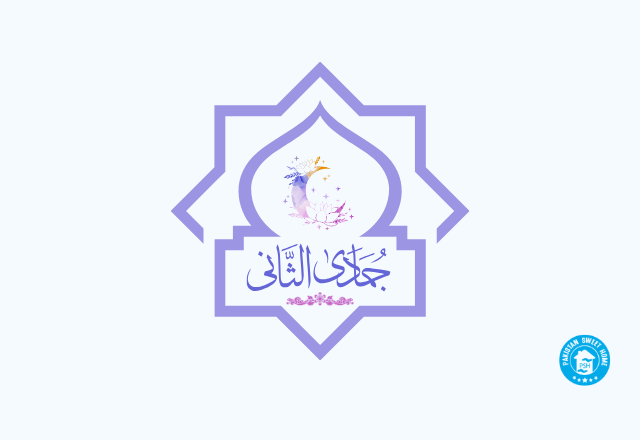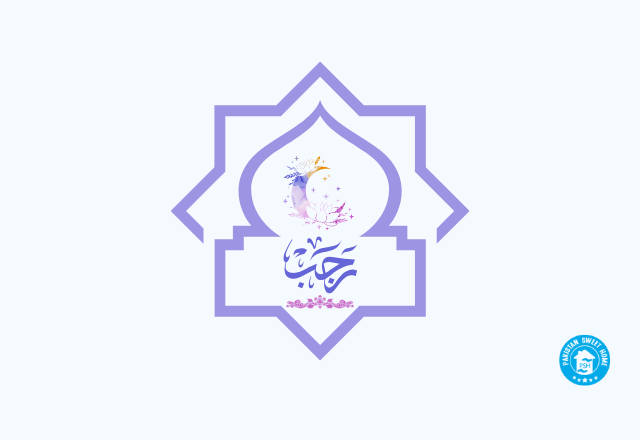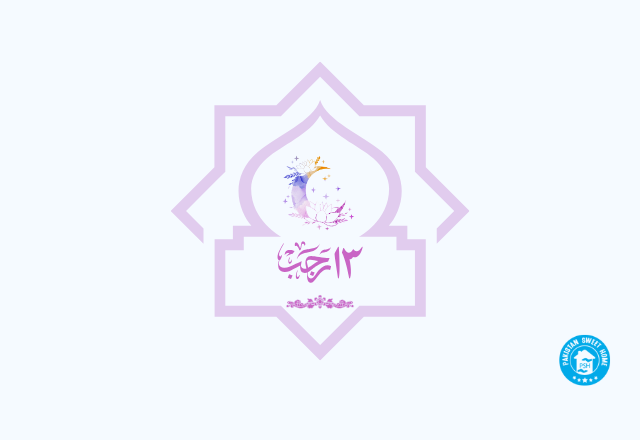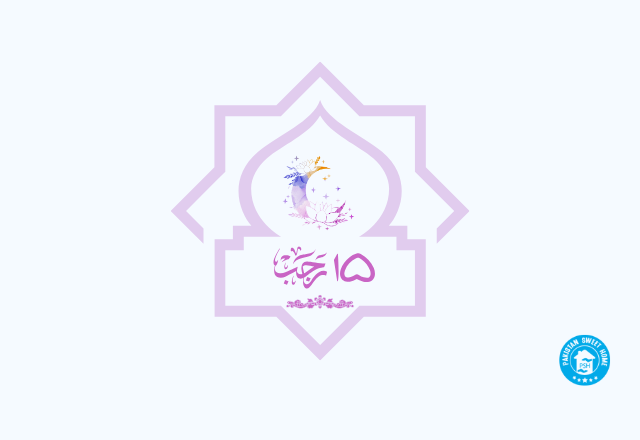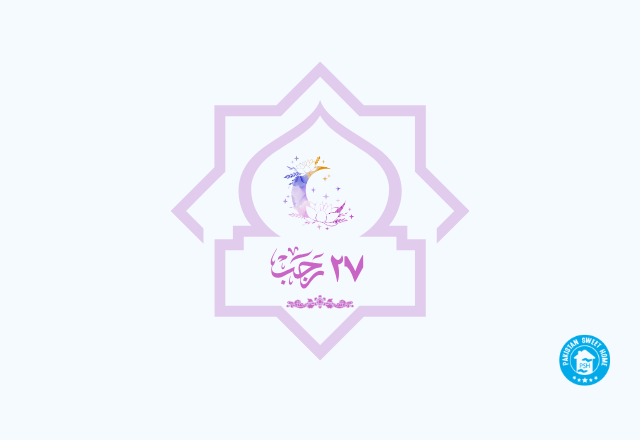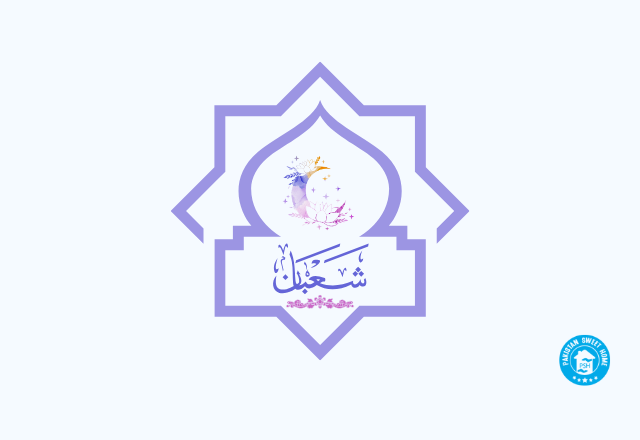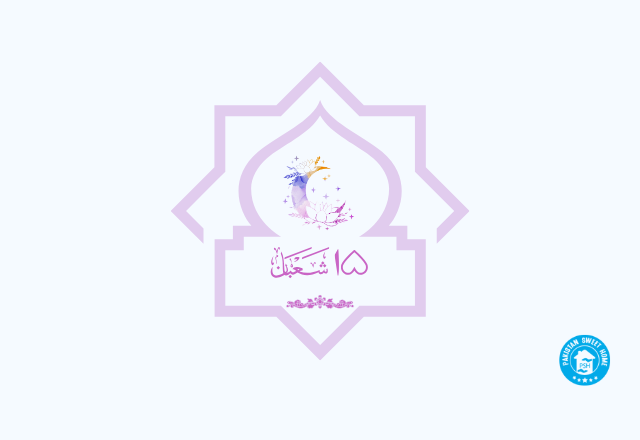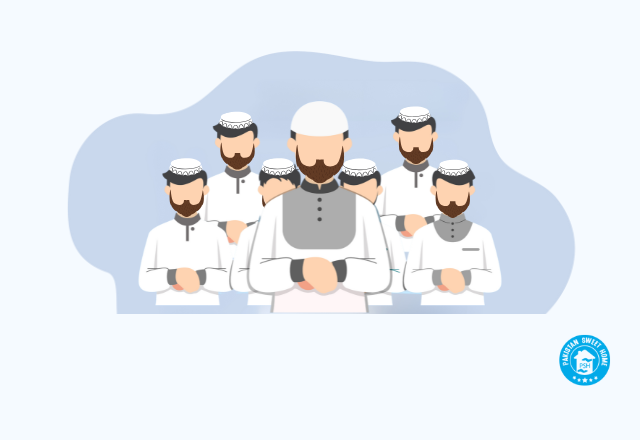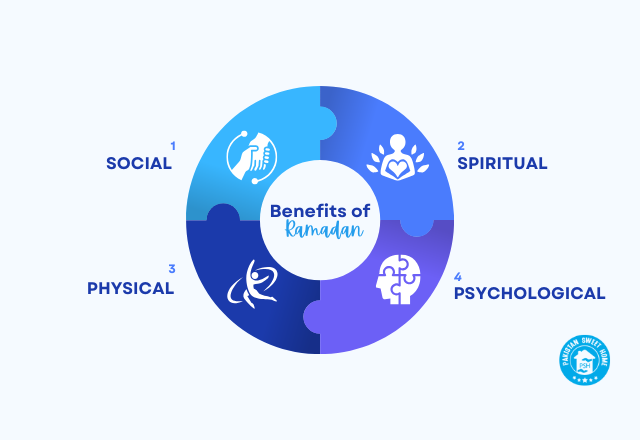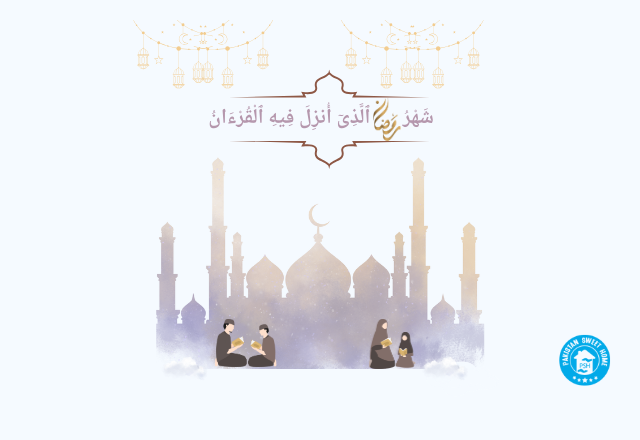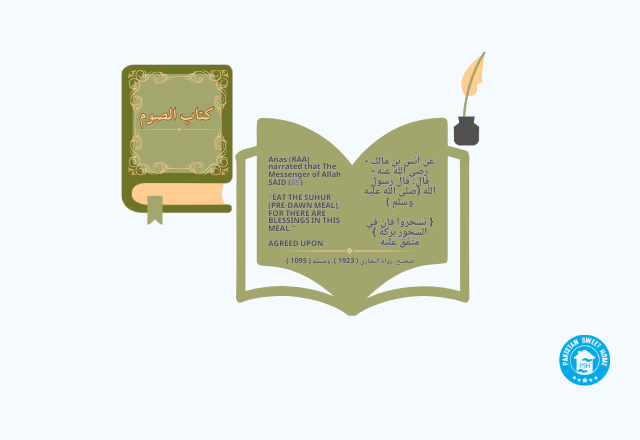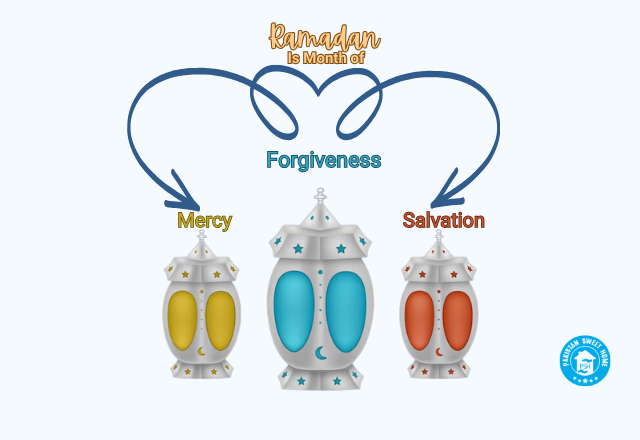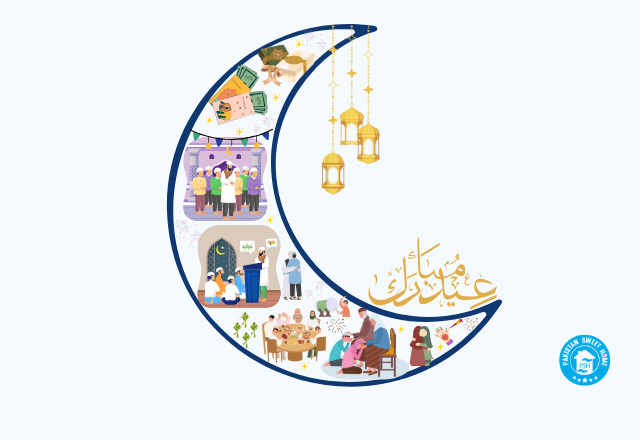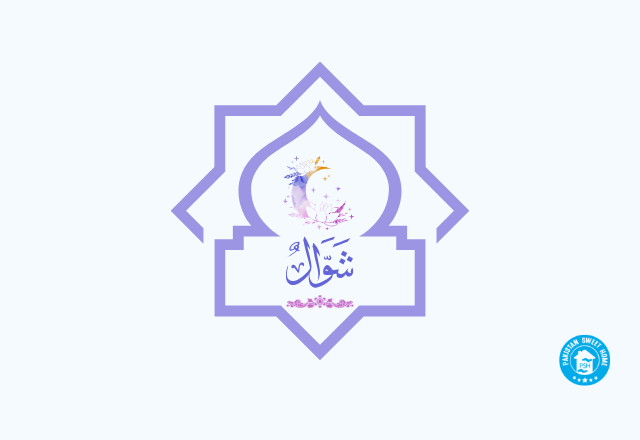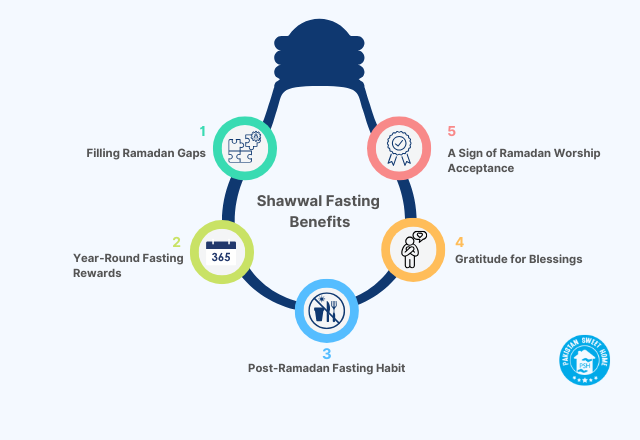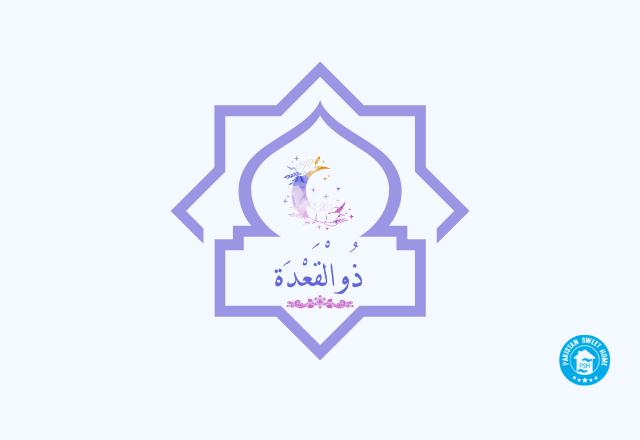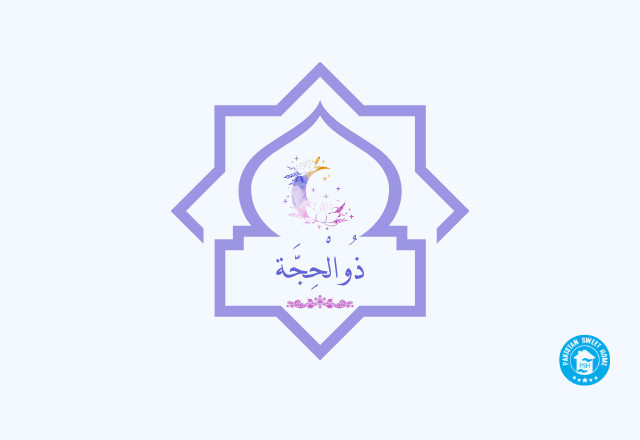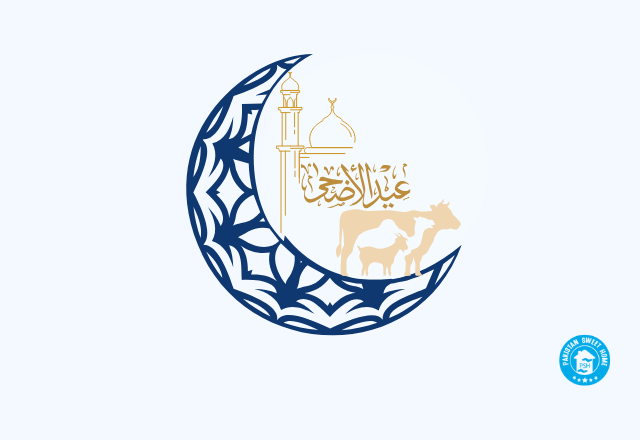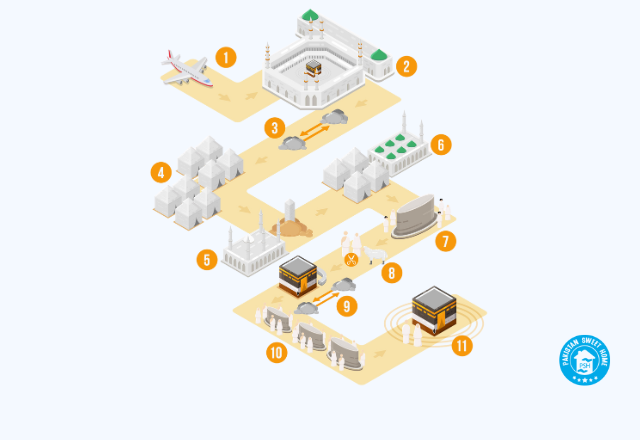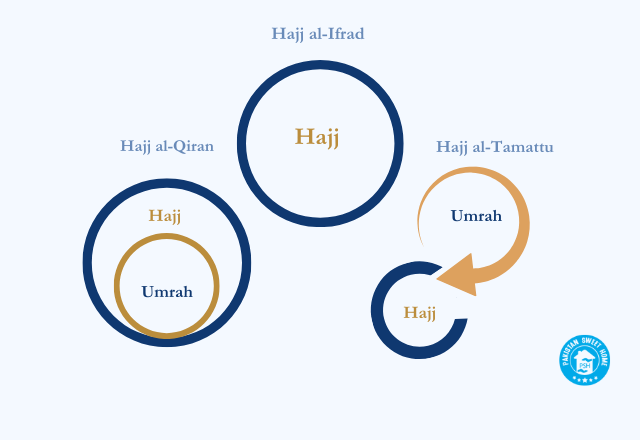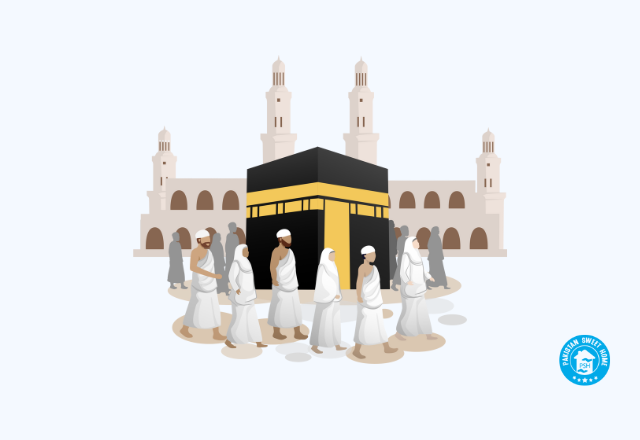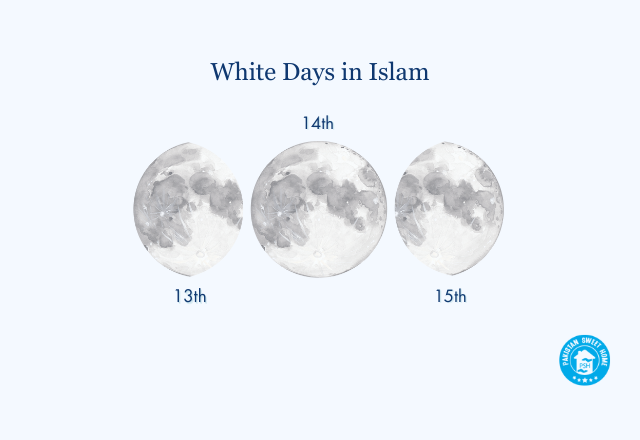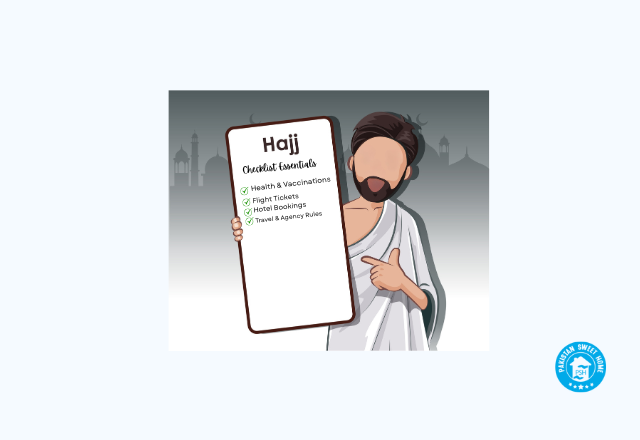Millions of children grow up without parents — alone, unheard, and vulnerable.
Left without guidance, they face emotional pain, poverty, and neglect every day. Yet, in Islam, these children are not forgotten — they are honored.
Prophet Muhammad (ﷺ), who was himself an orphan, showed extraordinary mercy and love toward them. His (ﷺ) example reminds us that caring for orphans is one of the most rewarding acts in our faith — one that brings us closer to Paradise.
Let’s explore how the Prophet (ﷺ) treated orphans with unmatched compassion, and how you can follow his beautiful example today.
Understanding the Prophet's (ﷺ) Mercy
Sent as a mercy to all creation, Prophet Muhammad (ﷺ) was the ultimate source of comfort for the weak and the vulnerable. Born in Rabi’ al-Awal and raised as an orphan himself, he deeply understood the emotional and social struggles orphans face. This personal experience gave him unmatched empathy, especially for children left without parents.
It is impossible for humans to fully comprehend the perfection of the Prophet Muhammad’s (ﷺ) character.
Allah (SWT) praises him in the Qur'an, saying,
وَإِنَّكَ لَعَلَىٰ خُلُقٍ عَظِيمٍۢ
"Verily, you are of a great character."
(Surah Al-Qalam 68:4)
فَبِمَا رَحْمَةٍۢ مِّنَ ٱللَّهِ لِنتَ لَهُمْ ۖ
"It is part of the Mercy of Allah that you deal gently with them."
(Surah Al-Imran 3:159)
وَمَآ أَرْسَلْنَـٰكَ إِلَّا رَحْمَةًۭ لِّلْعَـٰلَمِينَ
"We sent you not, but as a mercy for all creatures."
(Surah Al-Anbiya 21:107)
Such praise from Allah (SWT) highlights the unmatched character of the Prophet (ﷺ). One of his most beautiful traits was the Prophet Muhammad’s love for orphans, full of mercy and compassion.
Reflections from Surah Al-Duha
Following are the verses show the Islamic view on orphan care:
In Surah Al-Duha (93:6-8),
Allah (SWT) reminds the Prophet Muhammad (ﷺ) of His grace and protection during his life as an orphaned child:
"Did He not find you an orphan and give you shelter?"
These verses are a powerful reminder of Allah's providence. They highlight the responsibility placed upon those blessed with grace to treat orphans and the needy with kindness and compassion.
The surah further instructs,
"Therefore, treat not the orphan with oppression and repulse not the beggar."
These obligations serve as the Prophet's way of repaying the blessings he received from Allah (SWT).
The following are the gifts granted to Prophet Muhammad (ﷺ) and the corresponding responsibilities entrusted to him.
Divine Gifts | Responsibilities |
Found as an orphan and given refuge | Do not oppress the orphan. |
Found unaware (of the Quran and prophethood) | Proclaim the Grace of your Lord |
Found poor (bestowed with blessings and guidance) | Repulse not the beggar |
The Methodology of the Prophet's (ﷺ) Mercy Toward Orphans
The Prophet’s (ﷺ) approach to helping orphans went beyond just meeting their physical needs; it involved a holistic model of care:
- An Unexpected Good
- Organizing and Planning Care
- Gifts and Favors
The Prophet (ﷺ) ensured the community loved, supported, and cherished orphans through these steps. His (ﷺ) approach laid the foundation for a society where orphans were cared for, honored, and uplifted.
The Circle of Prophetic Mercy
Anyone who supports orphans, whether by providing financial assistance, working in orphanages, or advocating for their rights, plays a crucial role. Their contributions directly enhance the well-being of orphans.
The Prophet (PBUH) said,
"He who provides for an orphan will be just next to me in Paradise like these two fingers," showing his forefinger and middle finger.”
(Sahih al-Bukhari)
These words remind us that acts of mercy not only benefit the receiver but also bring the giver closer to the Prophet (ﷺ) in the Hereafter.
Story of an Orphan Boy and Mercy of the Prophet (ﷺ)
On the day of Eid, Prophet Muhammad (ﷺ) and his companions walked toward the Eid prayer, the streets of Medina echoed with the joyful cries of “Allahu Akbar.”
Everyone was dressed in their finest clothes and wearing perfume, celebrating the special day.
But among the crowd, the Prophet (ﷺ) noticed a young boy sitting alone, his face hidden in his hands, crying. The Prophet (ﷺ) stopped his companions and approached the child. He gently asked why he was crying.
The boy explained,
“Today is Eid, and all the other children are with their fathers, holding their hands. My father was martyred in the Battle of Uhud, and I have no father to hold.”
He felt left out and was saddened that he couldn't enjoy the day like everyone else.
Moved by the boy’s grief, the Prophet (ﷺ) told him,
“If you are crying, Muhammad will also not celebrate Eid.”
He took the boy’s hand and said,
“While others hold their fathers’ hands, you will hold my hand. From now on, Muhammad will be your father, and Aisha (RA) will be your mother.”
The Prophet (ﷺ) walked with the boy to the Eid prayer, holding him close. During the sermon, he had the child sit on his thigh, demonstrating his deep compassion and care. This beautiful act of kindness demonstrated the Prophet's boundless mercy and love for orphans.
The Prophet's (ﷺ) Praise for Devoted Widows
The Prophet (ﷺ) praised widows who, despite the challenges, chose to devote themselves to raising their children instead of remarrying. Such dedication was honored by the Prophet (ﷺ) as He likened it to a noble and selfless act.
Aouf Bin Malik Al-Ashjaii narrated that Prophet Muhammad (ﷺ) said:
“I and a woman with dark brown cheeks will be like these (i.e. together) on the Day of Judgement (and he joined his forefinger and middle finger together): this is a widow, although beautiful and noble, who devoted herself to her orphans after her husband’s death until they became strong enough or died.”
Hadith scholars explain that "a woman with dark brown cheeks" refers to a widow who chose not to remarry, enduring the hardships of work and sorrow, which caused her cheeks to darken.
Safwan bin Sulaim narrated that the Prophet (ﷺ) said:
"The one who looks after a widow and a poor person is like the Mujahid in the cause of Allah, or like the one who fasts all the day and stands (in prayer) all the night."
Jami at-Tirmidhi 1969
Caring for a widow or a poor person is as virtuous as striving for the cause of Allah, fasting all day, and praying all night. This act holds immense spiritual rewards in Islam.
These Hadiths emphasize how deeply Allah values those who care for orphans, raising them with love. They also highlight the importance of trust in Allah (tawakkul) and nurturing strong faith (iman) in their hearts.
The Prophet’s (ﷺ) Teachings on Orphans
Through various sayings and actions, the Prophet (ﷺ) highlighted the immense virtues of kindness to orphans:
- Protection from Hellfire: In a Hadith about kindness narrated by Aisha (RA),
"The Prophet (ﷺ) said that anyone who shows kindness to young girls, including orphans, will be protected from Hellfire."
(Bukhari and Muslim)
- Promise of Paradise: Prophet Muhammad (ﷺ) promised that one who cares for an orphan will surely enter Paradise unless the caregiver has committed an unforgivable sin.
Ibn Abbas narrated that the Prophet said:
“Whoever takes in an orphan among the Muslims to raise, to feed him and give him drink, Allah admits him into Paradise without a doubt, unless he has done a sin for which he is not forgiven."
Jami at-Tirmidhi 1917
- The Best Houses: The Prophet Muhammad (ﷺ) highlighted that the worst Muslim home is one where orphans are mistreated. He (ﷺ) emphasized the severe disapproval of neglecting their care.
Ibn Majah narrated through Abu Huraira that Prophet Muhammad (ﷺ) said:
“The best Muslim house is one where an orphan is treated well, and the worst is one where an orphan is mistreated.”
- The Honor of Quraishi Women: The Prophet (ﷺ) also praised the women of the Quraysh tribe, calling them the best of women for their kindness toward orphans.
Abu Huraira reported Allah's Messenger (ﷺ) as saying:
“Good among the women are those who ride camels. One of them said that they are pious women of the Quraish, and the other one said that the women of the Quraish are kind to the orphans in their childhood and look after the wealth of their spouses.”
(Sahih Muslim 2527a)
The Warning Against Devouring Orphans' Property
Islam also strictly forbids taking advantage of orphans' property.
Abu Hurairah (May Allah be pleased with him) narrated that the Prophet (ﷺ) said:
"Avoid the seven destructive things." It was asked: (by those present): "What are they, O Messenger of Allah?"
He replied, "Associating anyone or anything with Allah in worship; practicing sorcery, killing of someone without a just cause whom Allah has forbidden, devouring the property of an orphan, eating of usury, fleeing from the battlefield and slandering chaste women who never even think of anything touching chastity and are good believers."
(Narrated by Bukhari and Muslim)
The Prophet Muhammad (ﷺ) included devouring the property of orphans as one of the seven destructive sins.
In summary, Prophet Muhammad (ﷺ) demonstrated unmatched mercy, especially towards orphans and widows, promising paradise to those who care for them.
His (ﷺ) life and teachings, highlighted in Surah Al-Duha, remind us of our duty to support the vulnerable. His (ﷺ) warnings against mistreatment and misuse of orphaned property reflect the serious responsibility placed on caregivers.
Sponsoring an orphan is one powerful way to live by these teachings, directly impacting a child's life. Through sponsoring, you provide not just financial support but also emotional and educational care, helping them build a brighter future. Pakistan Sweet Home channels sponsorships into holistic programs that empower orphans, ensuring they grow with dignity, love, and the opportunities they deserve.
Live the Prophet’s (PBUH) Teachings

info@pakistansweethome.org.pk
(051) 4865856
+92 335 1118477


